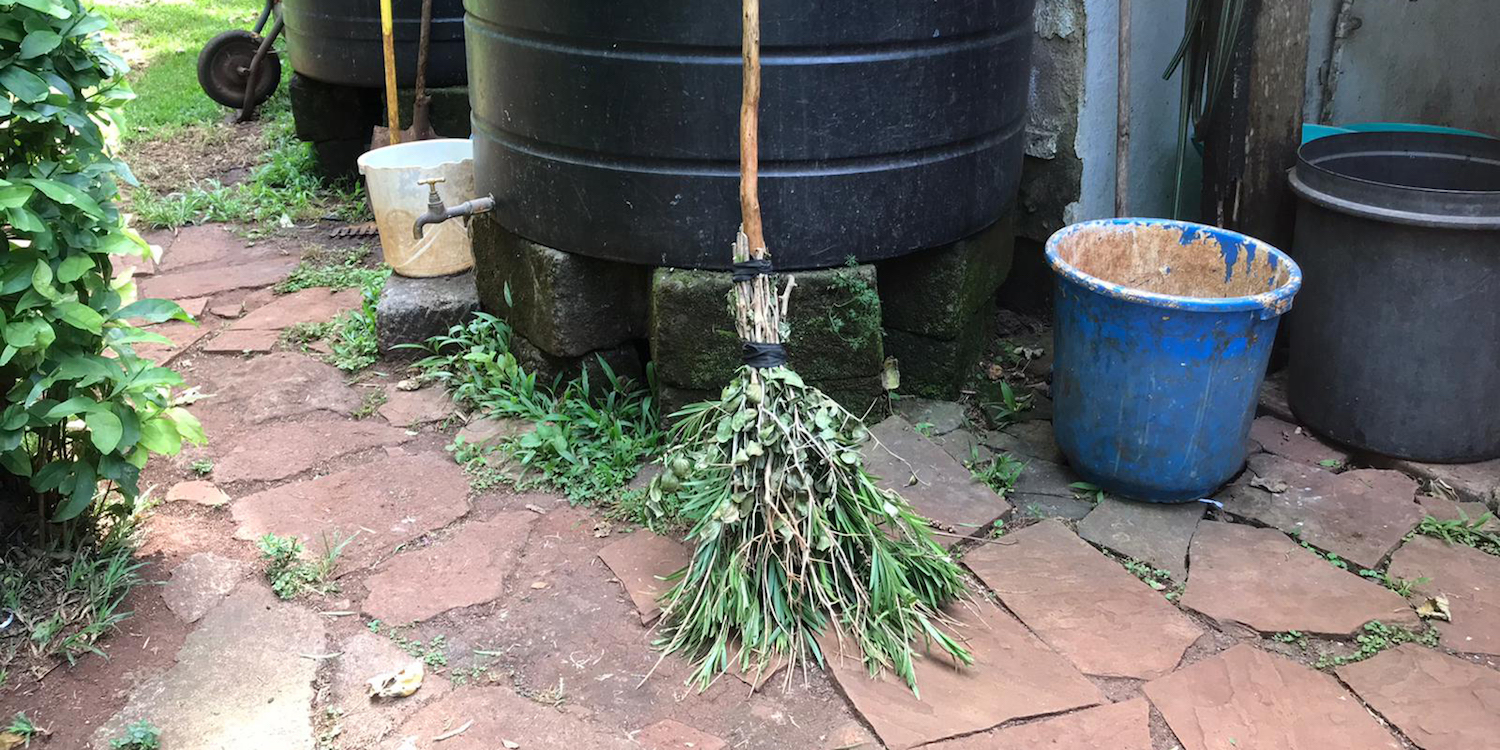
The Sound of Memory
by Bethuel Muthee (December 2020)
– Chris Marker, La Jetee
Me, I love Nairobi. It is an easy love, the kind of love brought about by the familiarity of living in a place for one’s entire life. It is a love buttressed by curiosity, the need to know and understand how the city came to be – the life of the city and its people, the city’s pleasures, and how the city’s planning determines the quality of life lived. Sight was the primary sense through which I tried to understand the city but I gradually attuned my hearing to what is around me. This listening has deepened the love affair and become a preoccupation: topophonophilia, “an attempt to understand the relations between sound, sentiment, and place”.
Sound, by its very nature, is transitory and its presence in space is ambiguous. I listen to recordings of the city and find myself listening with a sense of belatedness, an absence of presence, attempting to draw substance from that which is not entirely there, that which haunts as sound. To listen, to listen carefully, even fearlessly, then, almost becomes a form of conjuration summoning memories, nostalgia, and occasional glimpses of a time to come in its wake. The city, like all places, is imbued with memories of what happened there – some are visible but most are hidden behind the wall of time – and those memories are the grid along which we impose meaning to the random flux of the world.
Who remembers what it sounded like when the only motorcycles that were regularly heard were the Yamaha 125cc’s liquid-cooled engines of the water and electricity meter readers? I grew up near Jomo Kenyatta International Airport and some of my earliest memories are the thundering sound of aeroplanes landing or taking off. Some sounds change as technology changes while some, like the sound of a broom sweeping, never change. Some of these memories for me include the revving of diesel engines around Kencom, the ring of a phone booth, the chorus of traders in Gikomba, the daily “mari mari” sellers, the monotone voice selling “dawa ya kuua mende, panya, na kunguni”, the knife-sharpener in Mirema whistling outside the butchery as he pedals his grinding wheel, the sound of boda bodas, the morning birdsong that marked the move from Utawala to the leafy suburbs, the voice of a particular preacher on Aga Khan Walk. These sounds are part of an ecology of sound that now includes the constant buzzing of chainsaws as trees are cut down to pave way for new buildings and roads, the rumble of concrete mixers, Bab’ Kubwa’s voice advertising shoes at the junction of Ronald Ngala Street and Tom Mboya Street, and most recently the shouts of hawkers selling face masks.
Over the pandemic, Sounds of Nairobi has listened to the city to hear whether traces of COVID-19 can be heard in the city’s soundscape. I remember the silent evenings during the first curfew, people rushing to be home by 7pm. What was it like for those who live around the airport when there were no aeroplanes in the sky night and day? The silence of upcountry matatu stages, Machakos Country Bus Station with dormant buses. The sounds of children playing since schools have been closed. What will the memories of this pandemic sound like? In a place where a total lockdown is not a tenable solution, life has continued as it was, and for the most part, things sound the same, but some silences will always be haunting.
As recordists were listening to the city they also found themselves transported to different places and times by things they heard or places they were. Lutivini Majanja writes, “Whenever I walk on this footbridge I reminisce about my last long-distance night train ride to Kisumu in December 2007.” The familiarity of walking through a place is more than what the eyes take in, there are sounds and smells. Kamwangi Njue is teleported to 1995, to memories of the Ngoco bird’s songs, a bird he hears in 2020 along Aga Khan Walk. Sound is a portal that opens up to memories and we find it in places like a room that brings back the laughter of an absent person. What happens when we think of place, sound, and memory? How can we listen to the apparent silence of place/s to excavate memory? What do the memories we hear tell us about our future?
Listen.© 2020 SOUND OF NAIROBI
